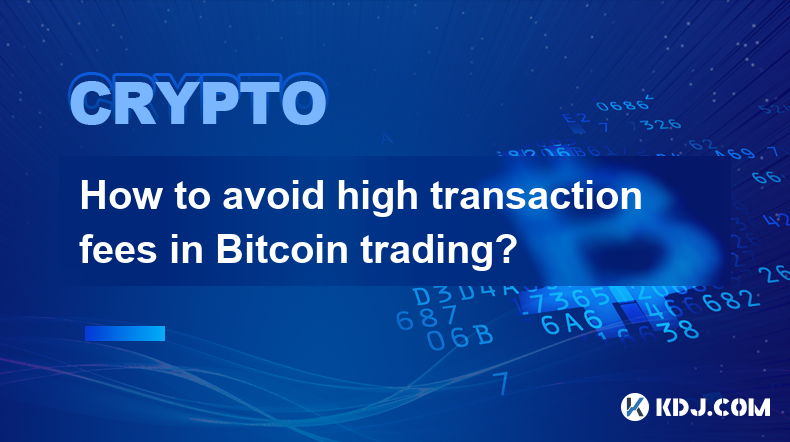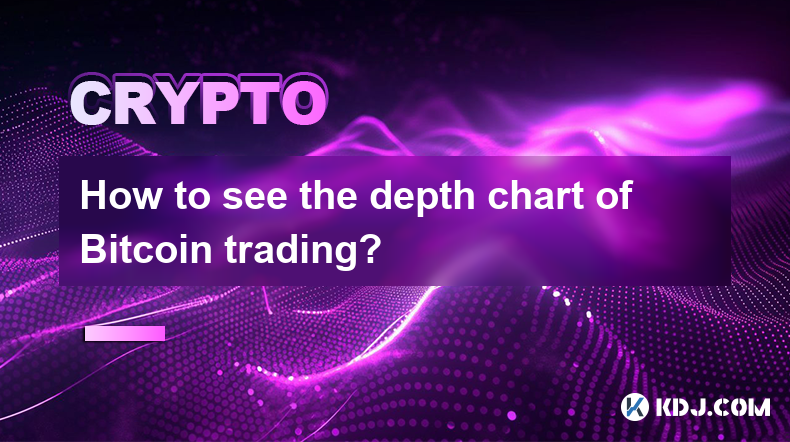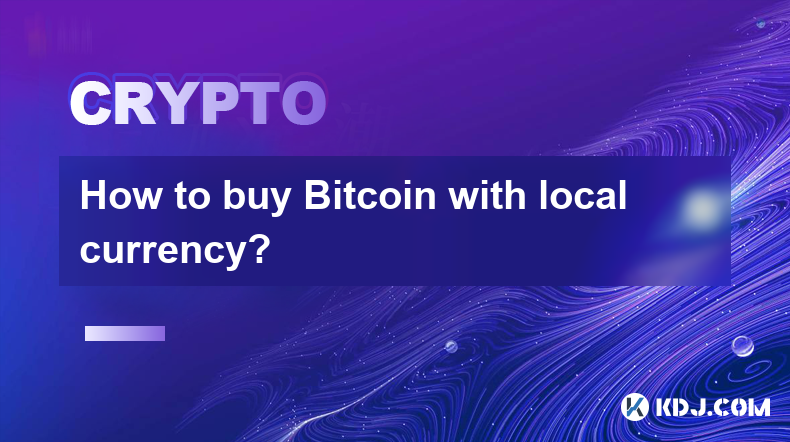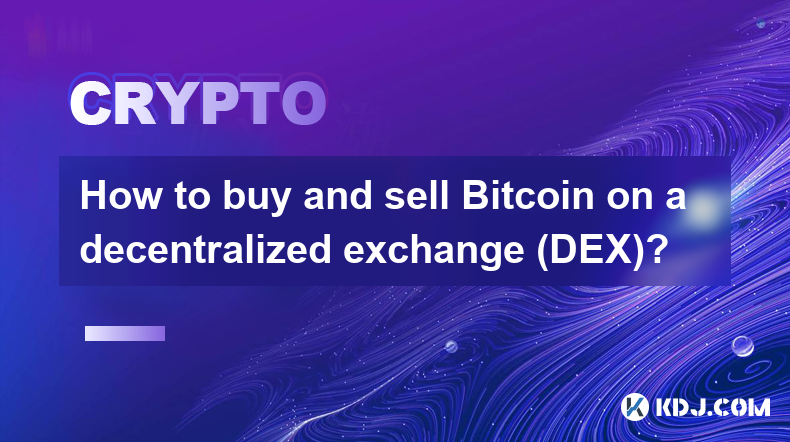-
 Bitcoin
Bitcoin $88,210.6273
1.11% -
 Ethereum
Ethereum $1,583.4647
-3.31% -
 Tether USDt
Tether USDt $1.0001
0.01% -
 XRP
XRP $2.0863
-1.39% -
 BNB
BNB $600.3082
-0.60% -
 Solana
Solana $139.2799
-0.26% -
 USDC
USDC $0.9999
0.00% -
 Dogecoin
Dogecoin $0.1615
0.68% -
 TRON
TRON $0.2460
0.59% -
 Cardano
Cardano $0.6259
-2.11% -
 Chainlink
Chainlink $13.1442
-2.79% -
 UNUS SED LEO
UNUS SED LEO $9.1314
-2.97% -
 Avalanche
Avalanche $19.9362
-0.27% -
 Stellar
Stellar $0.2483
-0.83% -
 Toncoin
Toncoin $2.9261
-3.27% -
 Shiba Inu
Shiba Inu $0.0...01245
-1.50% -
 Sui
Sui $2.2359
1.01% -
 Hedera
Hedera $0.1707
-0.15% -
 Bitcoin Cash
Bitcoin Cash $345.2366
1.60% -
 Hyperliquid
Hyperliquid $18.5882
3.98% -
 Litecoin
Litecoin $78.9028
-0.17% -
 Polkadot
Polkadot $3.7550
-4.00% -
 Dai
Dai $1.0000
-0.01% -
 Bitget Token
Bitget Token $4.4634
-1.87% -
 Ethena USDe
Ethena USDe $0.9992
-0.01% -
 Pi
Pi $0.6331
-0.71% -
 Monero
Monero $215.2673
-0.14% -
 Pepe
Pepe $0.0...08009
3.09% -
 Uniswap
Uniswap $5.2814
-2.61% -
 OKB
OKB $50.9064
-0.56%
What are the legal issues of Bitcoin trading?
Bitcoin's legal status varies globally, impacting traders with complex regulations on taxation, AML, KYC, and securities, requiring careful navigation to ensure compliance.
Apr 21, 2025 at 09:56 am

Bitcoin, the pioneering cryptocurrency, has revolutionized the financial landscape since its inception in 2009. As its popularity has grown, so too have the complexities surrounding its legal status and the implications for those who trade it. Understanding the legal issues of Bitcoin trading is crucial for anyone involved in the cryptocurrency market. This article delves into the various legal challenges and considerations that traders must navigate when dealing with Bitcoin.
Regulatory Frameworks
The legal landscape for Bitcoin trading varies significantly from one jurisdiction to another. In some countries, Bitcoin is treated as a commodity, while in others, it is considered a currency or an asset. The United States, for instance, has a complex regulatory environment where the Commodity Futures Trading Commission (CFTC) views Bitcoin as a commodity, while the Internal Revenue Service (IRS) treats it as property for tax purposes. This dual classification can create confusion for traders who must comply with different regulations depending on the nature of their transactions.
In contrast, Japan has taken a more progressive approach by recognizing Bitcoin as a legal payment method. The Japanese Financial Services Agency (FSA) oversees cryptocurrency exchanges and enforces strict regulations to protect investors. This regulatory clarity has made Japan a hub for Bitcoin trading, but traders must still adhere to stringent know-your-customer (KYC) and anti-money laundering (AML) requirements.
Taxation
One of the most significant legal issues for Bitcoin traders is taxation. The tax treatment of Bitcoin can vary widely, impacting how profits and losses are reported and taxed. In the United States, the IRS requires traders to report capital gains and losses from Bitcoin transactions. This means that if a trader buys Bitcoin at one price and sells it at a higher price, the profit is subject to capital gains tax. Conversely, if the sale results in a loss, it can be used to offset other capital gains.
In Germany, Bitcoin is treated as a private money equivalent, and profits from trading are tax-free if held for more than one year. However, if Bitcoin is used as a means of payment, it is subject to a 25% capital gains tax. Understanding these nuances is essential for traders to ensure compliance and optimize their tax liabilities.
Anti-Money Laundering and Know-Your-Customer Regulations
Bitcoin's pseudonymous nature has raised concerns about its potential use in money laundering and other illicit activities. As a result, many jurisdictions have implemented strict AML and KYC regulations to combat these risks. In the European Union, the Fifth Anti-Money Laundering Directive (5AMLD) extends AML regulations to cryptocurrency exchanges and wallet providers, requiring them to conduct due diligence on their customers.
Similarly, in the United States, the Financial Crimes Enforcement Network (FinCEN) mandates that businesses involved in Bitcoin transactions register as Money Services Businesses (MSBs) and comply with AML and KYC requirements. Failure to adhere to these regulations can result in severe penalties, including fines and imprisonment.
Securities Regulations
Another legal issue that Bitcoin traders must contend with is the classification of certain cryptocurrencies as securities. In the United States, the Securities and Exchange Commission (SEC) has taken the position that some initial coin offerings (ICOs) and tokens may be considered securities, subjecting them to securities laws and regulations. This has significant implications for Bitcoin traders who may inadvertently engage in transactions involving securities without proper registration or compliance.
The Howey Test, established by the U.S. Supreme Court, is used to determine whether a transaction qualifies as an investment contract and thus a security. If a cryptocurrency meets the criteria of the Howey Test, it must comply with securities regulations, which can be a complex and costly process for traders.
Consumer Protection
Consumer protection is another critical area of concern for Bitcoin traders. The decentralized nature of Bitcoin means that there is no central authority to oversee transactions or protect consumers from fraud and scams. In the United Kingdom, the Financial Conduct Authority (FCA) has warned consumers about the risks associated with cryptocurrencies and has taken steps to regulate crypto-related businesses to enhance consumer protection.
In Australia, the Australian Securities and Investments Commission (ASIC) has also emphasized the importance of consumer protection in the cryptocurrency market. Traders must be aware of the risks and take steps to protect themselves, such as using reputable exchanges and securing their private keys.
Legal Risks and Liabilities
Bitcoin traders face various legal risks and liabilities that can arise from their trading activities. One such risk is the potential for hacking and theft. If a trader's Bitcoin wallet is compromised, they may lose their entire investment. While some exchanges offer insurance to cover such losses, not all do, and the coverage may be limited.
Another legal risk is the potential for regulatory action. If a trader fails to comply with applicable laws and regulations, they may face fines, penalties, or even criminal charges. For example, if a trader engages in insider trading or market manipulation, they could be subject to severe legal consequences.
Additionally, disputes with exchanges can pose significant legal challenges. If an exchange goes bankrupt or experiences technical issues, traders may struggle to recover their funds. Understanding the terms of service and the legal recourse available in such situations is crucial for protecting one's interests.
Frequently Asked Questions
Q: Can I trade Bitcoin anonymously?
A: While Bitcoin transactions are pseudonymous, meaning they do not directly reveal the identity of the parties involved, it is increasingly difficult to trade Bitcoin anonymously due to stringent KYC and AML regulations. Most reputable exchanges require users to provide identification and other personal information to comply with these regulations.
Q: What should I do if I suspect fraudulent activity on a Bitcoin exchange?
A: If you suspect fraudulent activity on a Bitcoin exchange, you should immediately report it to the exchange's customer support team. Additionally, you may want to contact your local financial regulatory authority to file a complaint and seek assistance in recovering any lost funds.
Q: Are there any legal protections for Bitcoin traders if an exchange goes bankrupt?
A: Legal protections for Bitcoin traders in the event of an exchange bankruptcy vary by jurisdiction. In some cases, traders may be considered unsecured creditors and have limited recourse to recover their funds. It is essential to review the terms of service of the exchange and understand the legal framework in your jurisdiction to determine your rights and options.
Q: How can I ensure compliance with tax laws when trading Bitcoin?
A: To ensure compliance with tax laws when trading Bitcoin, you should keep detailed records of all your transactions, including the date, amount, and value of each transaction. Consult with a tax professional who is knowledgeable about cryptocurrency taxation to ensure you are reporting your gains and losses correctly and taking advantage of any available tax benefits.
Disclaimer:info@kdj.com
The information provided is not trading advice. kdj.com does not assume any responsibility for any investments made based on the information provided in this article. Cryptocurrencies are highly volatile and it is highly recommended that you invest with caution after thorough research!
If you believe that the content used on this website infringes your copyright, please contact us immediately (info@kdj.com) and we will delete it promptly.
- Coinbase Listing Sparks Speculation Tied to Trump’s SEC Pick
- 2025-04-22 12:40:11
- Hyperlane testnet successfully launched on Binance Wallet & Binance HODLer App.
- 2025-04-22 12:40:11
- The Bitcoin price rise to $87,000 created contrasting profitability outcomes between investors in the market.
- 2025-04-22 12:35:12
- Base chain daily coin issuance exceeds Solana
- 2025-04-22 12:35:12
- From Sony's new web3 project to new updates from Bybit, here's a roundup of the top crypto stories you may have missed.
- 2025-04-22 12:30:11
- Decentraland [MANA] Breaks Key Overhead Resistance, Surges by 8% Within a Day
- 2025-04-22 12:30:11
Related knowledge

How to buy and sell Bitcoin using a P2P platform?
Apr 18,2025 at 05:57pm
Buying and selling Bitcoin using a P2P (peer-to-peer) platform can be an efficient way to trade cryptocurrencies directly with other individuals. This method offers flexibility, often lower fees, and the ability to use various payment methods. In this article, we will walk through the process of buying and selling Bitcoin on a P2P platform, ensuring you...

How to avoid high transaction fees in Bitcoin trading?
Apr 18,2025 at 12:14am
How to Avoid High Transaction Fees in Bitcoin Trading? Bitcoin trading can be exciting, but high transaction fees can quickly erode your profits. Understanding how to minimize these fees is crucial for any trader looking to maximize their returns. In this article, we will explore various strategies and techniques to help you avoid high transaction fees ...

How to see the depth chart of Bitcoin trading?
Apr 17,2025 at 08:36am
Understanding the depth chart of Bitcoin trading is crucial for any serious cryptocurrency trader. The depth chart provides a visual representation of the supply and demand for Bitcoin at various price levels, helping traders make informed decisions about when to buy or sell. In this article, we will guide you through the process of accessing and interp...

How to buy Bitcoin with local currency?
Apr 18,2025 at 01:22am
Buying Bitcoin with local currency is a straightforward process that allows you to enter the world of cryptocurrencies using your familiar fiat money. Whether you are a beginner or an experienced investor, understanding the steps to acquire Bitcoin with your local currency can help you make informed decisions and manage your investments effectively. In ...

What is the Lightning Network in Bitcoin trading?
Apr 19,2025 at 02:35am
The Lightning Network is a second-layer scaling solution designed to enhance the speed and efficiency of Bitcoin transactions. It operates as an off-chain network that allows users to conduct multiple transactions without the need to settle each one individually on the Bitcoin blockchain. This significantly reduces transaction fees and speeds up the pro...

How to buy and sell Bitcoin on a decentralized exchange (DEX)?
Apr 18,2025 at 02:42am
Buying and selling Bitcoin on a decentralized exchange (DEX) offers a different experience compared to traditional centralized exchanges. DEXs provide more privacy and control over your funds, as they allow you to trade directly with other users without an intermediary. This guide will walk you through the process of buying and selling Bitcoin on a DEX,...

How to buy and sell Bitcoin using a P2P platform?
Apr 18,2025 at 05:57pm
Buying and selling Bitcoin using a P2P (peer-to-peer) platform can be an efficient way to trade cryptocurrencies directly with other individuals. This method offers flexibility, often lower fees, and the ability to use various payment methods. In this article, we will walk through the process of buying and selling Bitcoin on a P2P platform, ensuring you...

How to avoid high transaction fees in Bitcoin trading?
Apr 18,2025 at 12:14am
How to Avoid High Transaction Fees in Bitcoin Trading? Bitcoin trading can be exciting, but high transaction fees can quickly erode your profits. Understanding how to minimize these fees is crucial for any trader looking to maximize their returns. In this article, we will explore various strategies and techniques to help you avoid high transaction fees ...

How to see the depth chart of Bitcoin trading?
Apr 17,2025 at 08:36am
Understanding the depth chart of Bitcoin trading is crucial for any serious cryptocurrency trader. The depth chart provides a visual representation of the supply and demand for Bitcoin at various price levels, helping traders make informed decisions about when to buy or sell. In this article, we will guide you through the process of accessing and interp...

How to buy Bitcoin with local currency?
Apr 18,2025 at 01:22am
Buying Bitcoin with local currency is a straightforward process that allows you to enter the world of cryptocurrencies using your familiar fiat money. Whether you are a beginner or an experienced investor, understanding the steps to acquire Bitcoin with your local currency can help you make informed decisions and manage your investments effectively. In ...

What is the Lightning Network in Bitcoin trading?
Apr 19,2025 at 02:35am
The Lightning Network is a second-layer scaling solution designed to enhance the speed and efficiency of Bitcoin transactions. It operates as an off-chain network that allows users to conduct multiple transactions without the need to settle each one individually on the Bitcoin blockchain. This significantly reduces transaction fees and speeds up the pro...

How to buy and sell Bitcoin on a decentralized exchange (DEX)?
Apr 18,2025 at 02:42am
Buying and selling Bitcoin on a decentralized exchange (DEX) offers a different experience compared to traditional centralized exchanges. DEXs provide more privacy and control over your funds, as they allow you to trade directly with other users without an intermediary. This guide will walk you through the process of buying and selling Bitcoin on a DEX,...
See all articles






















































































